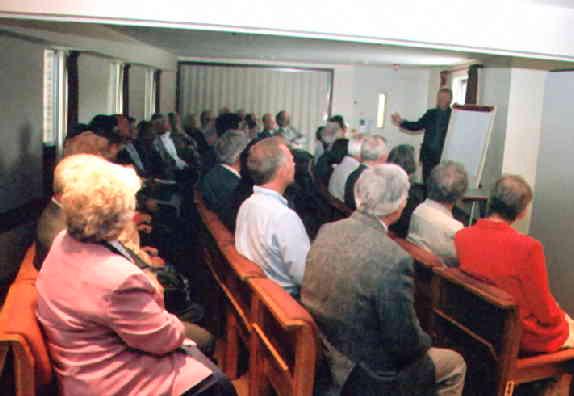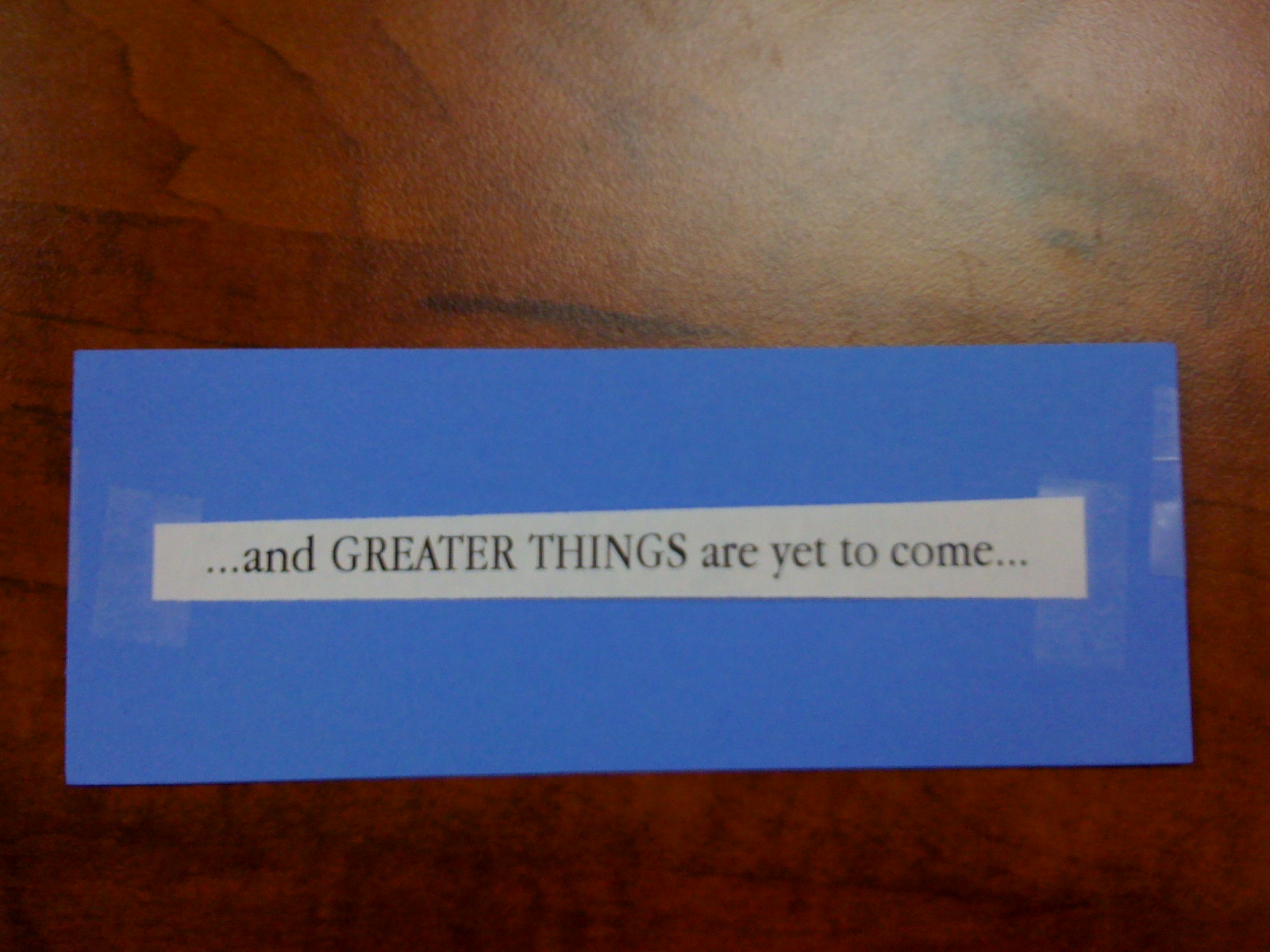11 Tips for Better Meetings
It is well-known among the office staff at Lebanon Road that I despise meetings. Yes, I attend, and I am in charge of a handful each year, but I am not a fan of meetings as they are usually done. I often refer to them as a “necessary evil.” I know meetings are literally “evil,” but I think we waste a lot of time with many meetings.
 I love reading things that help me focus on how to make meetings better. The following list of suggestions are things that are not original with me, but that I’ve picked up over the years from various sources. If you know where these originally came from, please make a note of that in the comments.
I love reading things that help me focus on how to make meetings better. The following list of suggestions are things that are not original with me, but that I’ve picked up over the years from various sources. If you know where these originally came from, please make a note of that in the comments.
1. Don’t have a meeting just to have a meeting. A big event is coming up, so we “have to meet.” Or, we have had teachers’ meetings on the 3rd Sunday of each month for 40 years, so we just meet. That is no reason to meet! Every meeting should have a specific purpose that requires seeing others face-to-face (or meeting via online tools).
2. Let participants know the purpose before the meeting.There should be no surprises once people arrive. If possible, send out a notice (email, church bulletin, announcements, phone calls, Twitter, Facebook, whatever) of the major purpose of the meeting. Let people know that this meeting will only cover the subject(s) listed unless time allows others.
3. As the leader, plan for the meeting realistically.Decide what can be covered in the meeting and what cannot. Also, decide if there are any “off limits” topics. Whatever you use for planning lists (paper, computer files, Evernote, etc.), make a list of the topics and a sketch of the “minutes” ahead of time.
4. Advertise the meeting. For most churches, the meetings don’t need “overkill” in announcements, but one short note in the bulletin usually isn’t enough. Take advantage of several tools (PowerPoint, bulletin, email, etc.) so that anyone and everyone who needs to be there can know about it. If it is a small number, you might even want to take a moment to call each one.
5. Start on time. Yes, we are just now getting to the actual meeting. As with anything else, though, the preparation makes a world of difference. Even if you are the only one there, start! I have started meetings for 20+ people with less than five in the room. At the next meeting, people were on time. It shows that you care for the subject of the meeting and that you are serious about the meeting, too.
6. Briefly remind people of the purpose. I usually do this by making a hand-out of the schedule for the meeting. Others do this with a purpose statement or a note on a blackboard or PowerPoint slide. Make this brief! You’ve already spent time letting people know the purpose through ads, so don’t waste their time with endless reminders.
7. Stick to the schedule. There are variations, but you are in charge! If something that you thought wasn’t any big area turns into a bigger thing, spend all the time you can on it, then move on. Make a decision to have another meeting, or to discuss it later with a few folks via email or phone.
8. Be positive; let everyone speak. I try to speak as little as I can in meetings (though I often fail in this area). I try to have people “report” and “pool” ideas. This helps everyone know that they are important to the project and that you see yourself as a servant-leader.
9. Accomplish something.I understand that some meetings are just for giving information, but most meetings are called to make a decision (budget for VBS or staff for camp, for example). Even if you accomplish nothing more than making a list to present to the elders, accomplish something. Don’t just come together, make a few comments, and leave.
10. Pray. If we claim to be God’s people, why don’t we ask for His help when we meet together? If we are preparing for VBS, the middle letter stands for “Bible.” If we are meeting with staff or leadership, it is church staff or leadership. We are under His control, so let’s ask for His wisdom and help.
11. Follow Up and Follow Through. Whatever you promise to do in a meeting needs to be done. If you decide to present something to the elders, send that information their way. If you decide to meet again, get it on the calendar. Also, follow up: let everyone know you are grateful for their time in the meeting.
Hopefully, you can use these tips the next time you are in charge of a meeting. Let’s not meet just to meet, let’s accomplish something!



4 Comments
Jim Faughn
You must have inherited your “love” for meetings from me!!!
Billy Hutchens
We should probably meet about this!
Pingback:
Pingback: